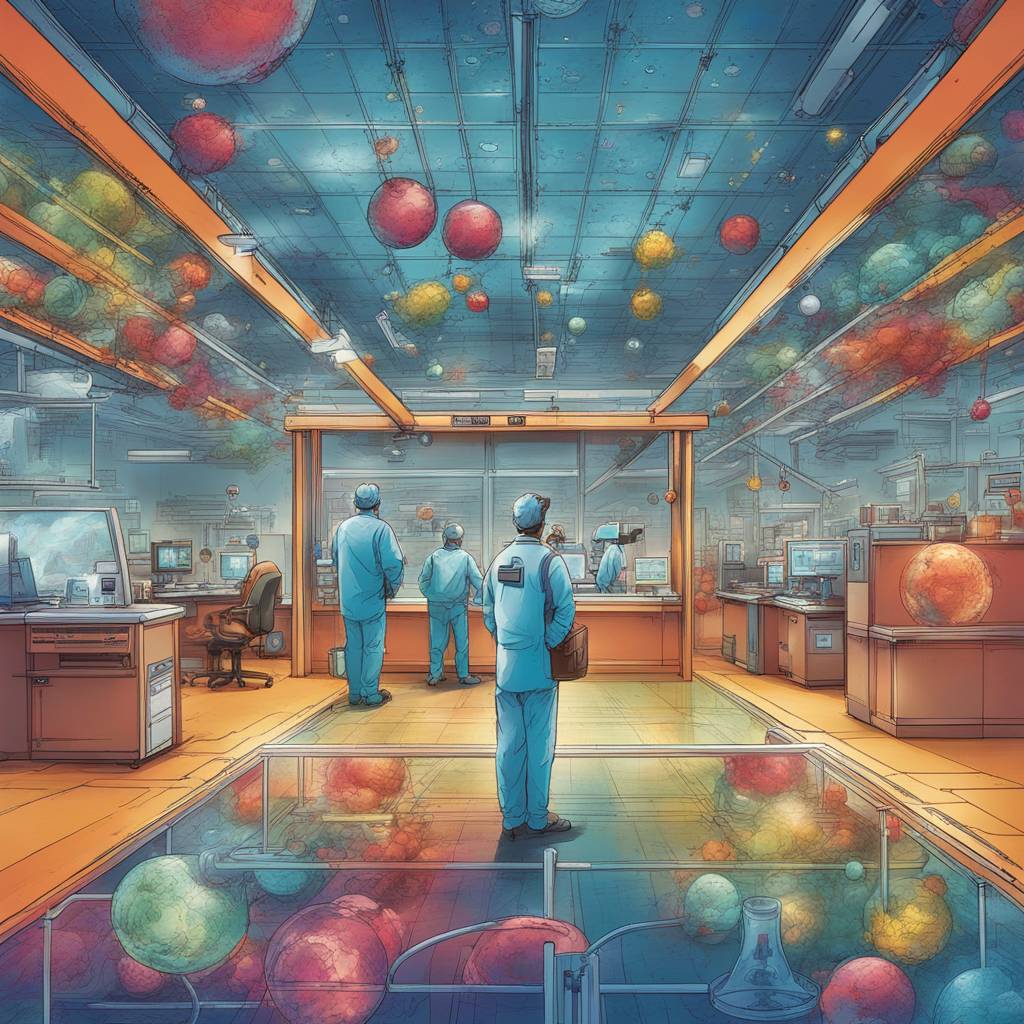Scientists in the United States, particularly in biomedical fields, are increasingly moving from academia to industry due to stagnating federal funding and low wages. This trend is concerning for the future of medical research and development in the US, as pharmaceutical and biotech companies rely on the research conducted at universities for commercial product development. The number of postdoctoral fellows supported by NIH grants has been declining for over 20 years, with significant drops in recent years. Postdocs are crucial for scientific discovery and research, making their departure from academia worrisome.
Biomedical companies take scientific contributions made by postdocs and researches and develop them into commercial products over time. For example, the mRNA vaccine technology used for Covid-19 vaccines had been in development for decades before the pandemic. Pharmaceutical companies like Pfizer and Moderna saw a surge in profits from their mRNA vaccines, showing the value of long-term research. While most corporations focus on commercialization to make money, universities play a critical role in conducting basic scientific research that leads to these breakthroughs.
Despite an increase in graduate students in biomedical fields, many are opting for industry jobs due to better pay and similar starting salaries compared to postdoctoral research. The pay gap between academia and industry is significant, with postdocs earning around $56,000 per year compared to six figures in biotech. Experts are urging the NIH to increase stipend amounts for postdocs to make academia more financially competitive and attractive. However, with flat budgets and rising costs, there are concerns about the future of scientific innovation without proper funding and support for researchers.
The impact of funding and wage disparities on scientific innovation can have far-reaching consequences. Covid-19 vaccines have saved millions of lives, and medications like insulin have had significant impacts on public health over the years. Without adequate funding and support for the science workforce, advancements in medical research for diseases like cancer, Alzheimer’s, and future pandemics could be hindered. The lack of investment in the scientific workforce poses a risk to the development of critical medical discoveries that could save countless lives and improve global health outcomes.
In conclusion, the trend of scientists leaving academia for industry due to funding and wage issues poses a threat to the future of medical research and development in the US. Postdocs play a critical role in scientific discovery, and their departure from universities could lead to a decline in groundbreaking research. The disparity in pay between academia and industry is substantial, making corporate jobs more financially attractive to graduate students in biomedical fields. Without proper funding and support for the science workforce, the potential for life-saving scientific innovations could be limited, impacting public health across various medical challenges. Efforts to address these issues, such as increasing stipend amounts for postdocs, are crucial to ensuring the continuation of important advancements in medical research and development.













